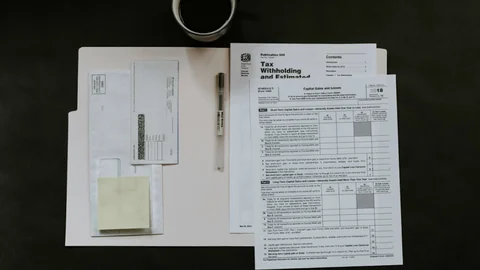
Professional bookkeeping services are only as accurate as the information a founder provides. For startups, partnering with an outsourced bookkeeping firm means delivering a clear, organized set of documents and records – preferably in digital form – to ensure timely, accurate, and compliant financial management. Here’s some of the documentation founders should prepare to provide to their bookkeeping service.
The Core Document Checklist
Company Information. It may seem obvious, but your bookkeeping firm will need your startup’s full information:
- Your legal business name
- Corporate structure (for example, LLC, S-Corp, or C-Corp) and Certificate of Incorporation
- Tax ID (Employer Identification Number or EIN)
- Contact information for key people
- Your corporate mailing address
- List of any states where your startup is registered, has W-2 employees, significant sales (greater than $250,000), or rental or company-owned properties
- Full details on any foreign subsidiaries or foreign individuals/entities that own more than 20% of your startup
- Full details on any equity ownership and your capitalization table
Bank and Credit Card Statements. Your bookkeeping service will reconcile your transactions and make sure every dollar is accounted for, so you’ll need to provide all the details on any business accounts used for company operations:
- Full information on all company bank and financial accounts
- Monthly statements for all business bank and credit card accounts
- Employee reimbursement forms
Invoices (Issued and Received). To help track revenue, manage accounts receivable, and manage your expenses, your bookkeeper will need:
- Copies of all customer invoices
- Copies of all bills from vendors
- Contact details and any payment terms
Receipts and Proof of Payment. To document business expenses and support any tax deductions, you’ll need to provide:
- Digital and paper receipts
- Paid bills
- Proof of any payments, including electronic funds transfers, canceled checks, and credit card receipts
Payroll Documentation and Contractor Payments. You’ll need to document any salary expenses, tax filings, and benefit calculations by supplying:
- Wage reports
- Payroll records
- Contractor invoices
Asset and Loan Documents. To track assets, liabilities, depreciation, and loan repayments, you’ll need to provide:
- Purchase records for assets like equipment, office furniture and fixtures, vehicles, and buildings
- Any loan agreements or leasing documents
Prior Year Tax Returns (If Available). These documents provide valuable context for your bookkeeping service, especially when switching services or prepping for year-end compliance:
- Your latest tax returns
- Any Research & Development (R&D) Tax Credit analysis or tax credit filings
- Delaware Franchise Tax filings
Outsourced Firm, Digital Delivery
Contracting with a remote bookkeeping service makes digital organization essential. Founders should use secure cloud folders or bookkeeping portals to upload, share, and store documentation. Consistent electronic delivery streamlines collaboration, minimizes lost paperwork, and allows your bookkeeping firm to provide timely, accurate financial statements and insights. At Kruze Consulting, our onboarding team works with each new client to assemble the necessary documentation for efficient financial recordkeeping and compliance. Contact us to find out more.












